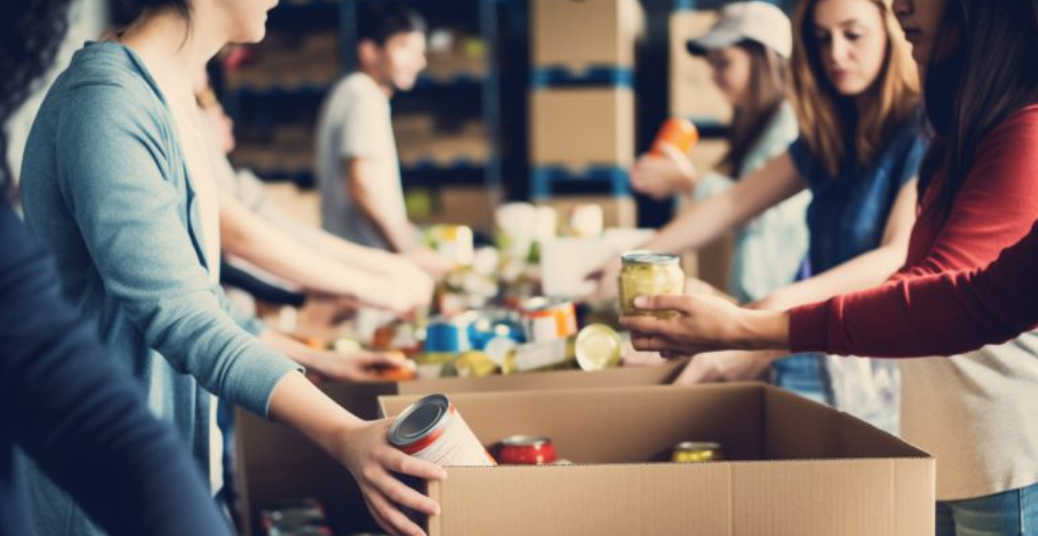Summary
Muslim associations play a vital role in humanitarian aid, both locally and internationally.

Muslim associations play a vital role in humanitarian aid, both locally and internationally.
Muslim associations play a vital role in humanitarian aid, both locally and internationally. Rooted in values of solidarity, social justice, and charity, they work across various fields: food assistance, access to clean water, orphan support, emergency relief, and more.
One of the main driving forces behind their work is the Islamic duty of zakat (obligatory almsgiving) and sadaqah (voluntary charity). These contributions, collected from the community, are redistributed to those most in need — regardless of origin, religion, or nationality — making these associations key players in the fight against poverty.
In times of crisis, such as natural disasters or armed conflicts, Muslim NGOs often mobilize quickly to deliver emergency aid: food, shelter, medical care, and clothing. They frequently collaborate with other NGOs and local institutions to increase their effectiveness.
However, their mission goes beyond material support. Many also carry out educational, awareness, and sustainable development programs. In doing so, they help build more resilient and compassionate societies, guided by both human and spiritual values.
Comments (0)
Sign in to leave a comment
Sign inNo comments yet
Be the first to comment on this article!